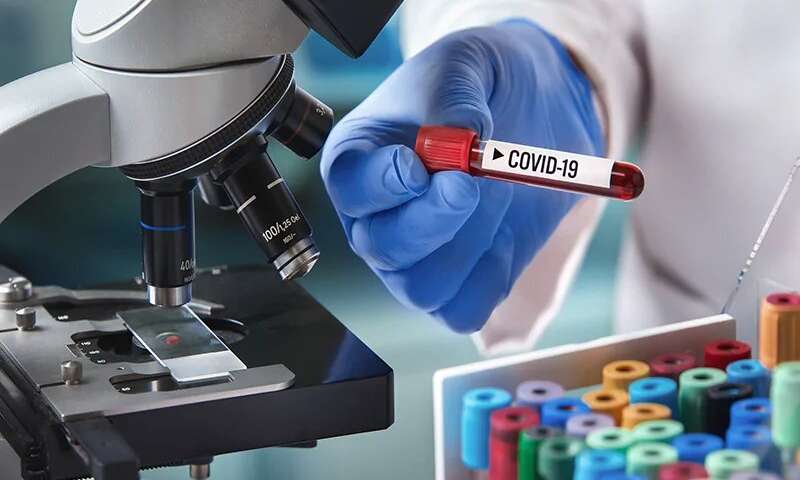As researchers for the University of Nebraska–Lincoln’s Food for Health Center, Andy Benson and Robert Hutkins are asking and answering
Day: February 15, 2021
Child brain tumors can be classified by advanced imaging and AI
Diffusion weighted imaging and machine learning can successfully classify the diagnosis and characteristics of common types of pediatric brain tumors
Men with early stage testicular cancer could avoid potentially harmful monitoring scans
Men who have had treatment for early stage testicular cancer could benefit from fewer monitoring scans, freeing them from some
Visual hallucinations among blind people increase during pandemic
People with Charles Bonnet Syndrome, which involves visual hallucinations for people who have lost their sight, have had worsening symptoms
Are prenatal genetic tests becoming too complex?
As noninvasive prenatal testing becomes more advanced, questions of informed consent, clinical utility and ethical concerns become more complicated for

Cannabis provides relief for endometriosis sufferers, study finds
Some women desperate for relief from the chronic pain of endometriosis have found using cannabis provides more effective relief from
Genotoxic E. coli implicated in causing colorectal cancer ‘caught in the act’
Escherichia coli bacteria are constitutive members of the human gut microbiota. However, some strains produce a genotoxin called colibactin, which

Blood biomarker detects COVID-19 severity and enables early triage
Dr. Kulasinghe, from QUT Centre for Genomics and Personalised Health and School of Biomedical Sciences, delivered the findings to a
Lockdowns, border closures and related measures could help stop future pandemics
Measures like those New Zealand officials implemented to stop COVID-19, including stay-at-home orders and business shutdowns, could be used to
Oxygen deficit makes nerve cells grow
Oxygen deficit, also called hypoxia, in the brain is actually an absolute state of emergency and can permanently damage nerve
